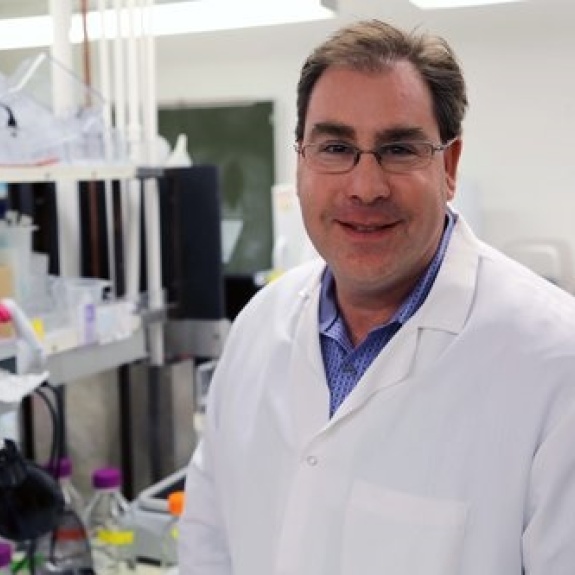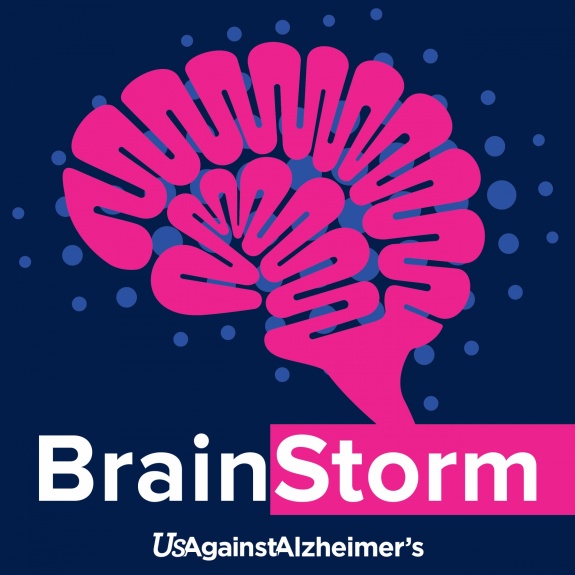Subscribe on your favorite player
Listen on Apple Podcasts Listen on Spotify Listen on Stitcher Listen on Google PodcastsJuly 8, 2016
Stress and Alzheimer's Disease - Dr. Robert Rissman

About This Episode
Dr. Robert Rissman was our guest for the July Alzheimer’s Talks where he spoke about his research on the relationship between chronic stress and Alzheimer’s disease and his work to develop a biomarker for Alzheimer’s and prevent cognitive decline.
Dr. Rissman is Associate Professor of Neurosciences at the University of California San Diego School of Medicine, Biomarker Core Director for the Alzheimer’s Disease Cooperative Study at UCSD, and Neuropathology Core Cirector for the Shiley-Marcos Alzheimer’s Disease Research Center.
CLICK THE PLAY BUTTON AT LEFT TO HEAR THE DISCUSSION.
Key Highlight
Animal models show stress plays an important role in development of Alzheimer’s.
Dr. Rissman’s work looks at how the brains of mice change during stress and how there could be changes in Alzheimer’s related pathways after stress.
They found that emotional stressors relate directly to changes in a protein in the brain, called tau that is central to the development of Alzheimer’s disease. His team also identified a peptide in the brain, called corticotropin releasing factor (CRF), which plays an important role in regulating those tau changes. Specifically, there is one type of a CRF receptor that regulates a stress-induced increase in tau.
Research leads to development of potential drugs to stop Alzheimer’s
Dr. Rissman’s work in mice shows that drugs that impact the CRF system could be used to prevent or delay the onset of Alzheimer’s disease by preventing neurofibrillary tangles. By giving the drug for five months, before the mice developed full-blown pathology, he was able to prevent the cognitive decline and greatly reduce the levels of beta amyloid plaque, though more research is needed.
Stress comes in many forms
Stress can be from external or internal sources. Having Alzheimer’s disease is an example of an internal, physiological condition that puts stress on the brain and leads to cellular change. External stress, especially chronic, long-term stress, can also induce changes in the brain and may make you more susceptible to developing Alzheimer’s.
Biomarkers in our future
In a just released separate study Dr. Rissman is looking for novel biomarkers of Alzheimer’s disease. He identified microvesicles, which could predict what individuals transitioned from mild cognitive impairment to Alzheimer’s disease - which could lead to the development of a blood test for Alzheimer’s disease.
Our thanks to Dr. Rissman for describing his research and answering our listeners' questions. You can read a full transcript for all the details of our conversation on stress and Alzheimer’s disease.
